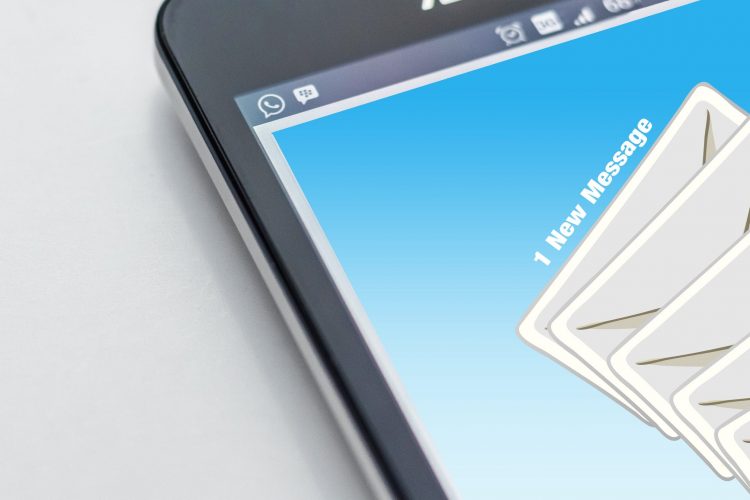
Can I Send A Press Release Directly To A Reporter?
Many marketers new to press release wonder if it is acceptable to send a press release directly to a reporter. The answer is yes because busy journalists are always looking for new story ideas so they can meet their deadlines. However, the answer is no unless your press release is really high-quality and follows the rules that media professionals expect.
What is a press release?
A press release is used to inform journalists and other media representatives about what is new and newsworthy in your business. The hope is that the journalist will find the press release interesting enough to want to pass on the information to their readership, which could be in print, online, or both.
Why issue a press release?
A press release keeps you in the eye of the media, and by extension, in the eye of the general public if you get media pickups. One newspaper, magazine, or online periodical can reach millions of people, far more even than social media, provided you have something genuinely newsworthy, rather than a hyped-up sales piece.
What are the rules when it comes to press releases?
The topic of the press release has to be real news. Good examples of this would be if you were launching a brand new product, hosting a live event, or releasing some new free information, such as an ebook or special report, that you believe the people in your niche would be genuinely interested in.
Creating your own database
Some journalists write about a wide range of topics, but these days, a lot of them specialize in a particular niche or industry. You might already know some top journalists in your field due to the sites and blogs you visit and the kind of content you enjoy. You can start your database by making a list of these sites, and the name and contact information of the journalists.
In many cases, you can click the link on their name and the publication will usually include a short biography and their email address. Otherwise, you will have to dig for this information. It might even include phoning the publication to ask for the information.
Make notes about the kind of things they cover and what articles you particularly enjoyed. This will help you determine if your press release will be a good fit for them. It can also help if you want to also send media pitches, that is, story ideas, to these top niche-related media representatives.
Being professional
Once you have done your research, you can start sending out press releases. But there are a few things you must do if you want to avoid them ending up in the trash.
Write a great subject line
This will usually be the headline of your release. It should command attention and get readers curious.
A personalized opening
Use the journalist’s name. Don’t just say Hi, or address the email To Whom It May Concern. Nothing will make them hit the delete key faster than seeing this.
Don’t BCC
If they see you’ve emailed the press release to yourself, they will assume you have sent out the press release to multiple people, which will also make them hit the delete key unless they see their name right at the top of the email.
Make it perfect
Your email and your press release should be error-free. One little mistake can send it straight to the trash.
Follow the rules for writing press releases
Make sure your press release is structured correctly, with the correct style and tone. This will set you apart from the many poorly-written press releases out there.
Don’t attach the press release
Add it underneath your email. Attachments can often set off spam filters or anti-virus software, making your email undeliverable.




